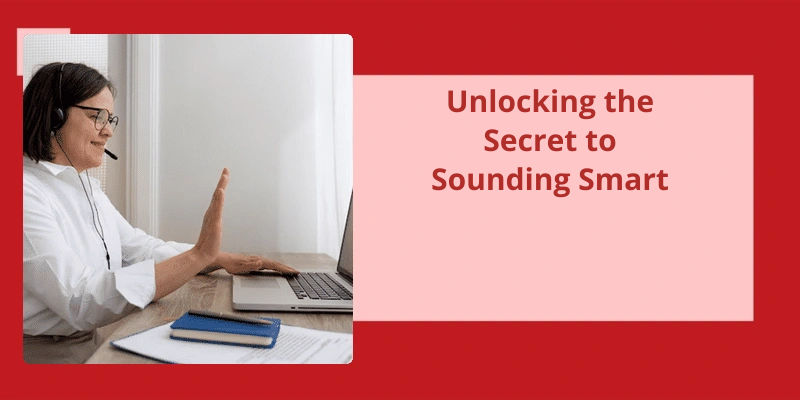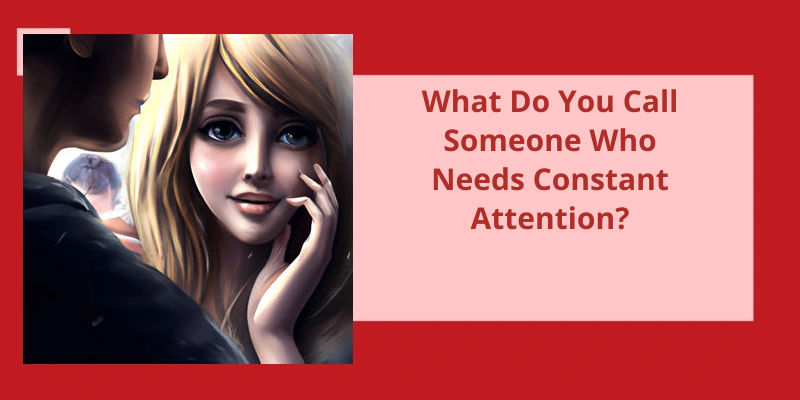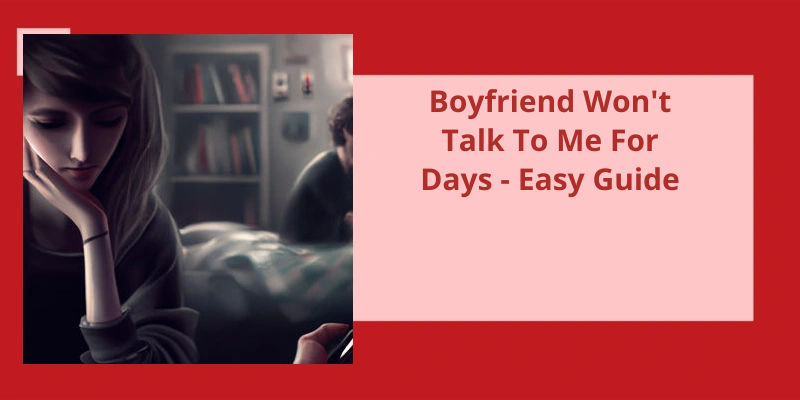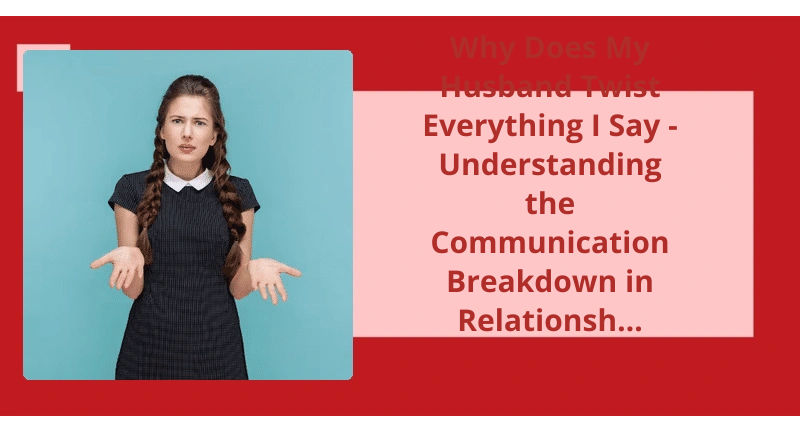There are few things more exasperating than trying to connect with a partner who seems disinterested, unenthused, or just plain unresponsive. A relationship is a two-way street, and without a partner who communicates well, it can feel like you're constantly talking to a brick wall. Unfortunately, it's not always easy to tell when your girlfriend is being non-expressive. Sometimes it's a personality trait, and other times it's a defense mechanism she's developed over time. Either way, it can be frustrating and confusing for partners who’re looking for connection and emotional intimacy in their relationships. Learning how to communicate effectively with your non-expressive girlfriend, and understanding what might be causing her to act this way, can go a long way towards building a stronger, healthier partnership.
Is It Normal for One Partner to Be Less Expressive Than the Other?
Instead, take a step back and try to communicate calmly and directly with your partner about how their lack of emotional expressiveness makes you feel. Communicating calmly and directly will help your partner understand how their behavior is impacting you, and it will also demonstrate to them the importance of emotional expression within your relationship.
If you find that your partners lack of emotional expressiveness is causing significant issues within your relationship, it may be helpful to seek the assistance of a therapist. A therapist can help you and your partner understand each others emotional needs and develop strategies for communicating effectively and supportively.
Ultimately, the key to a healthy, successful relationship is open communication and mutual respect. It’s important to understand and celebrate the differences between you and your partner, and to always prioritize each others emotional needs. With patience, understanding, and a commitment to growth, you and your partner can build a strong, meaningful relationship that supports you both in all aspects of life.
Navigating a relationship with a non-expressive partner can be difficult, especially if you’re someone who thrives off emotional connection and open communication. However, it’s important to remember that everyone processes and expresses their emotions in different ways. Here are some tips for handling a partner who isn’t very emotional:
How Do I Deal With a Non Expressive Girlfriend?
Having a non expressive girlfriend can be both frustrating and confusing, especially if you’re an emotionally expressive individual yourself. While it may be tempting to push and prod your partner to be more expressive, this is usually not the best approach. Instead, it’s important to invite their emotions into a situation in a non-judgmental way, without pushing them beyond what they’re comfortable with.
One important thing to remember when dealing with a non expressive partner is never to judge their emotions. This can cause them to feel invalidated and unheard. Instead, listen actively and show empathy, allowing them to feel heard and understood.
It’s also important to realize that there’s a reason why your partner may not be very emotional. Perhaps they’ve experienced trauma or negative emotions in the past that they aren’t comfortable expressing, or perhaps they simply have a more reserved personality. In either case, it’s crucial to tread lightly and be patient, allowing them to open up at their own pace.
In addition to being aware of your own responses, it’s also important to learn to accept your partner for who they are, rather than trying to change them to fit your ideal. This can be difficult, especially if you’re used to expressing emotions freely, but it can also be incredibly rewarding as you learn to appreciate your partners unique character and qualities.
By approaching the situation with kindness and understanding, you can create a strong and lasting relationship based on mutual respect and trust.
Conclusion
This can be due to a range of reasons, including past negative experiences, behavioral conditioning, and personal insecurities. However, it’s important to recognize that emotional expression and communication are key components of any healthy relationship. While it may be challenging to navigate through this situation, it’s crucial to have open and honest communication, practice patience and empathy, and seek professional help if needed, for the benefit and growth of both individuals in the relationship. True love and connection require effort and understanding, and it’s worth investing in cultivating a healthy and fulfilling relationship.






